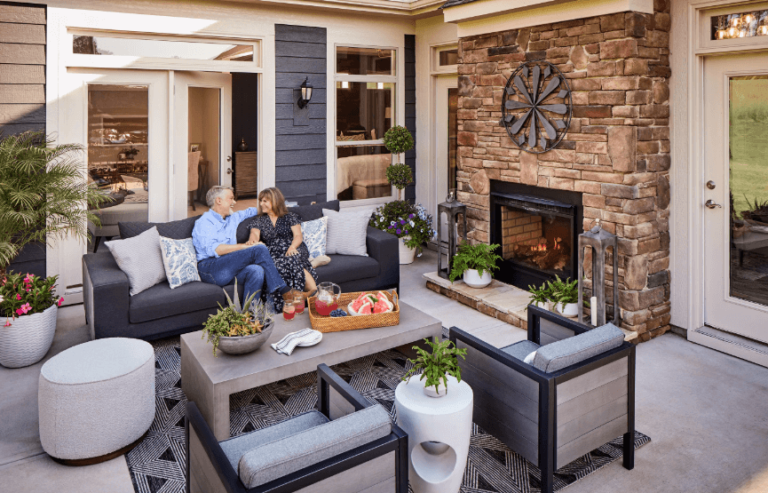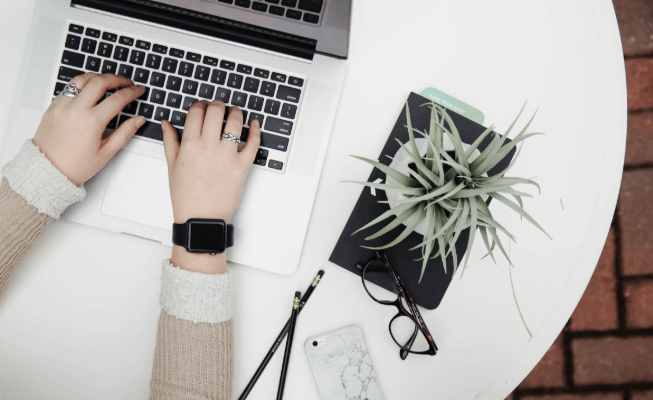Creating a Healthier Lifestyle: Tips for Eating, Exercising, and Relaxing

Establishing a healthier lifestyle is a multifaceted endeavor that encompasses essential components such as mindful eating, structured exercise, and effective relaxation techniques. Mindful eating encourages individuals to engage fully with their meals, fostering satisfaction and portion control. Meanwhile, a balanced exercise regimen not only enhances physical fitness but also contributes significantly to mental well-being. Furthermore, relaxation methods can play a pivotal role in managing stress, a crucial factor in overall health. As we explore these elements further, one might wonder how to seamlessly integrate these practices into daily life for lasting benefits.
Mindful Eating Habits
Mindful eating habits encourage individuals to slow down and fully engage with their food, fostering a deeper awareness of the flavors, textures, and nutritional value of each meal.
By practicing portion control and intuitive eating, individuals can cultivate a healthier relationship with food.
This approach not only enhances satisfaction but also empowers individuals to make informed choices, ultimately supporting a balanced lifestyle.
See also: whatutalkingboutwillis
Effective Exercise Routines
An effective exercise routine is essential for maintaining overall health and fitness, as it not only improves physical strength and endurance but also enhances mental well-being and reduces the risk of chronic diseases.
Incorporating strength training two to three times per week alongside regular cardio workouts promotes a balanced fitness regimen, enabling you to achieve your personal health goals while enjoying the freedom of an active lifestyle.
Relaxation Techniques for Stress Relief
Effective relaxation techniques are crucial for managing stress levels and enhancing overall emotional well-being, enabling individuals to navigate daily challenges with greater resilience.
Practices such as deep breathing promote calmness by slowing the heart rate, while guided imagery allows individuals to visualize peaceful scenes, fostering a sense of tranquility.
Incorporating these techniques into daily routines can significantly improve stress management and overall quality of life.
Building Consistent Healthy Habits
Developing consistent healthy habits is essential for achieving long-term wellness and enhancing overall quality of life.
Implementing habit tracking can help monitor progress, while effective motivation strategies, such as setting achievable goals and rewarding yourself, foster commitment.
Conclusion
Incorporating mindful eating, regular exercise, and effective relaxation techniques fosters a healthier lifestyle.
Research indicates that individuals who practice mindful eating can reduce food intake by up to 30%, significantly enhancing satisfaction and preventing overeating.
Moreover, consistent engagement in physical activity not only improves physical health but also elevates mental well-being.
By adopting these strategies and setting achievable goals, sustainable habits can be built, ultimately leading to a balanced approach to health and wellness.


